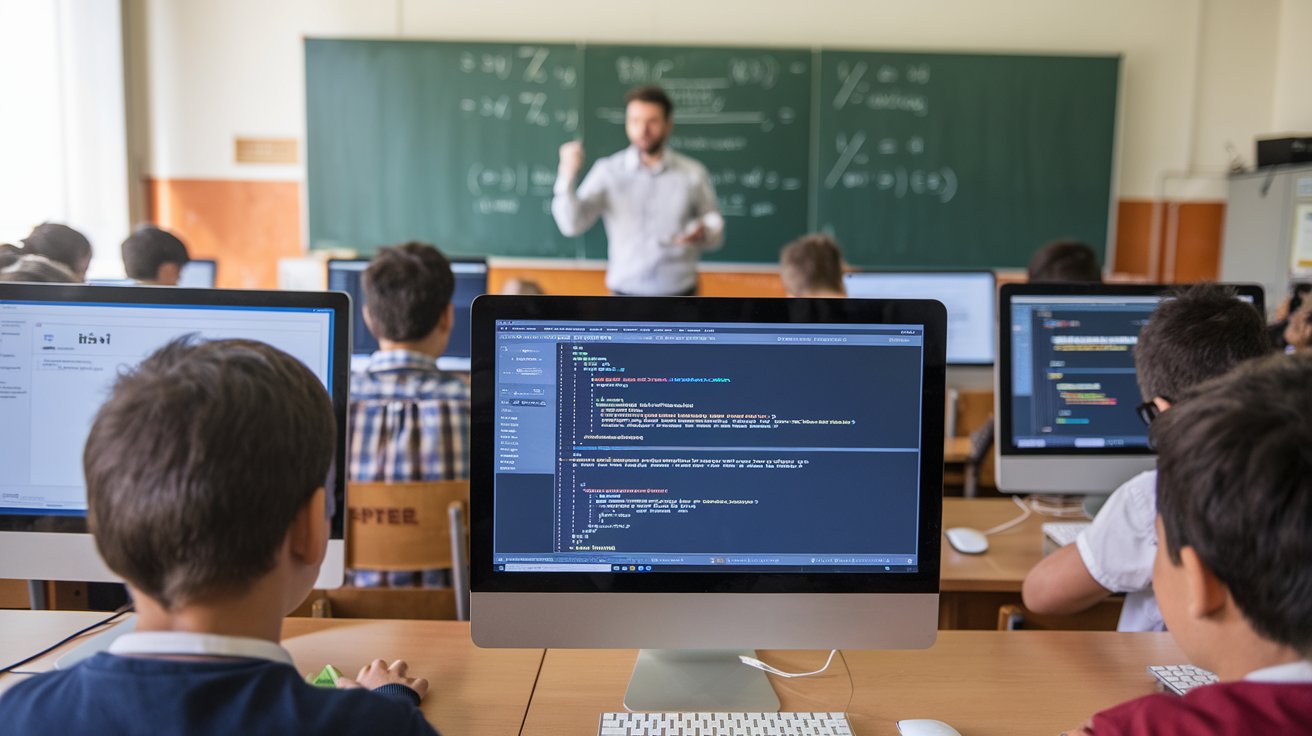
Italy is taking a significant step towards modernizing its education system by integrating artificial intelligence into schools, as part of Prime Minister Giorgia Meloni's effort to bridge the digital skills gap with other European Union countries. This initiative marks a notable shift in Italy’s approach to education technology.
Education Minister Giuseppe Valditara announced that starting this school year, AI-assisted software will be tested in 15 classrooms across four regions of Italy. The AI tools will be implemented on classroom tablets and computers, serving as "virtual assistants" designed to facilitate learning and assist teachers in tailoring educational methods to individual student needs.
"AI tools will make learning easier for students and help teachers identify methods for increasingly personalized education," Valditara told the TGcom24 news channel. The pilot project is intended to gauge the effectiveness of these AI tools, with the potential for a broader rollout if the initial results are positive.
Italy has been struggling with a low digital skills score compared to other EU nations, as reported by Eurostat. The country ranks among the lower tier in terms of basic digital skills, only surpassing Latvia, Poland, Bulgaria, and Romania. This initiative reflects Italy's commitment to improving its digital education landscape.
While specific details about the participating schools and the exact functionalities of the AI tools remain sparse, the initiative has garnered optimism from educational experts. Francesca Bastagli, head of research at the Fondazione Agnelli educational think tank, expressed hope that the trial will provide valuable insights into what works and what is necessary for future AI integrations in schools.
In addition to the AI rollout, Valditara has introduced a ban on mobile phones in classrooms, citing a need to minimize distractions and ensure a focused learning environment.
The push for AI in Italian schools aligns with broader national efforts to modernize education and technology use. Past attempts to digitalize schools, including those during the COVID pandemic, faced challenges, partly due to the advanced age of teaching staff, with more than half being over 50 years old, according to OECD data.
Italy’s commitment to AI is also a prominent topic at this year's G7 summit, which was hosted by Italy. The final communique from the summit highlighted the need for international cooperation to maximize the benefits and manage the risks associated with AI.
This initiative represents a crucial step for Italy in its ongoing efforts to enhance educational outcomes and align with broader EU and global technological advancements.